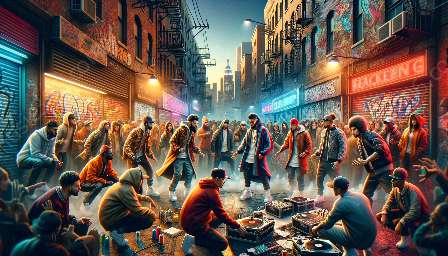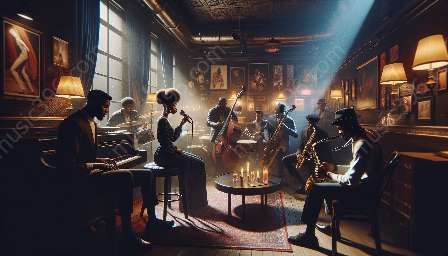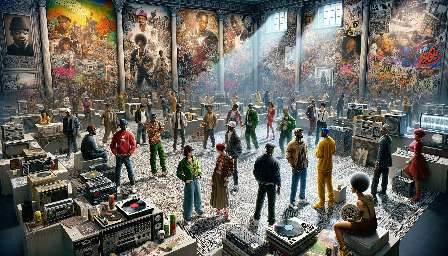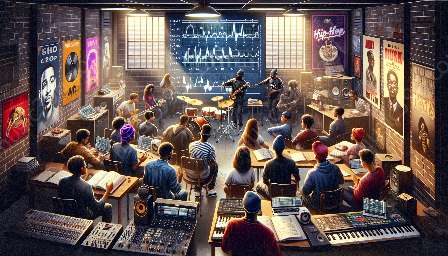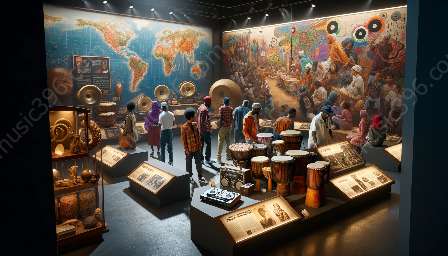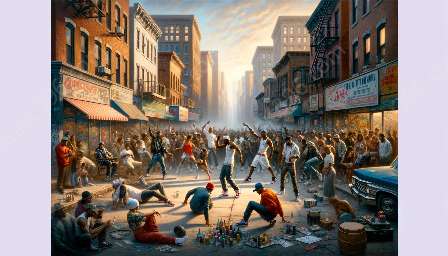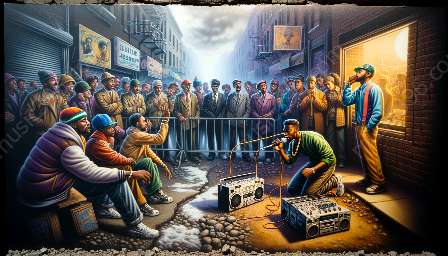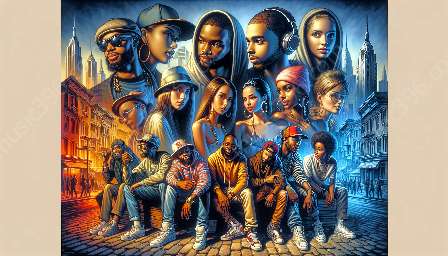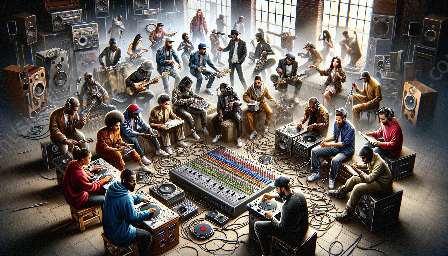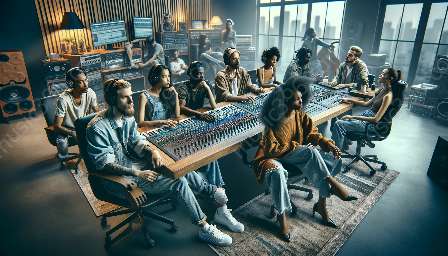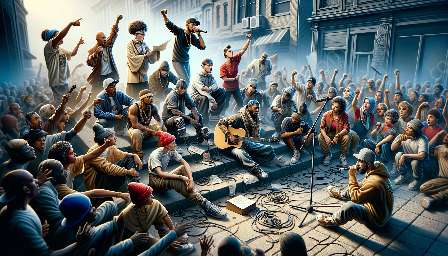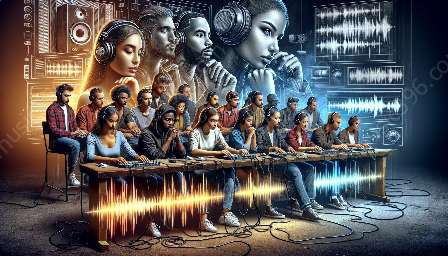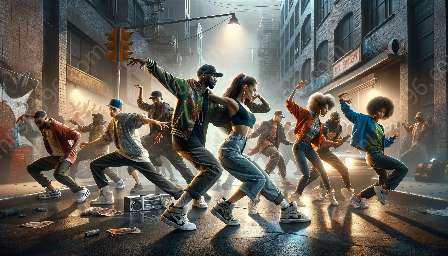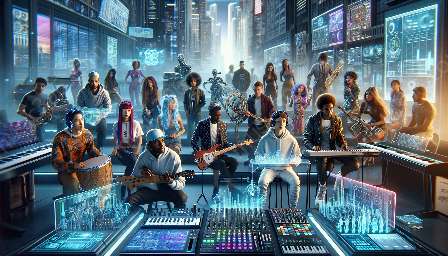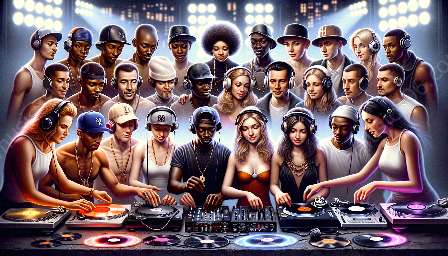Exploring the legal and creative aspects of copyright and intellectual property in hip-hop music can provide valuable insights into the urban and hip-hop culture.
The Origin of Hip-Hop Music
Hip-hop music originated in the 1970s and has become a significant part of urban culture, expressing the struggles and aspirations of marginalized communities. The genre encompasses various elements such as rapping, DJing, graffiti art, and breakdancing, forming a unique cultural movement.
The Evolution of Copyright in Hip-Hop
Copyright protection for hip-hop music has evolved alongside the genre itself. Initially, sampling practices, where artists use excerpts of existing music in their compositions, raised legal challenges related to intellectual property rights and fair use.
In the late 1980s and early 1990s, landmark court cases such as Grand Upright Music, Ltd. v. Warner Bros. Records Inc. highlighted the need for clearer copyright laws in the context of hip-hop music, leading to greater scrutiny and regulations regarding sampling and originality.
Intellectual Property Rights in Hip-Hop
Hip-hop artists and producers face complex issues concerning intellectual property rights. Securing protection for their creative works – including music, lyrics, and visual elements – is crucial for safeguarding their artistic expressions and profiting from their creations.
From copyrighting original compositions to trademarking stage names and logos, hip-hop artists rely on intellectual property laws to establish ownership and control over their brand and creations.
Challenges and Controversies
Despite legal frameworks, challenges persist within the hip-hop community related to unauthorized use of intellectual property and disputes over ownership and royalties. These issues often lead to legal battles, impacting the relationship between artists, producers, and record labels.
Additionally, the rise of digital platforms and social media has introduced new complexities in regulating the distribution and use of hip-hop music, raising questions about the enforcement of intellectual property rights in the digital age.
Impact on Urban Culture
The legal landscape surrounding copyright and intellectual property in hip-hop music directly influences urban culture. It shapes the interactions between artists, producers, and consumers, influencing the accessibility and commercialization of hip-hop artistry.
Furthermore, the protection of intellectual property in hip-hop preserves the authenticity and creativity of the genre, ensuring that artists receive recognition and compensation for their contributions to the urban and hip-hop music scenes.

